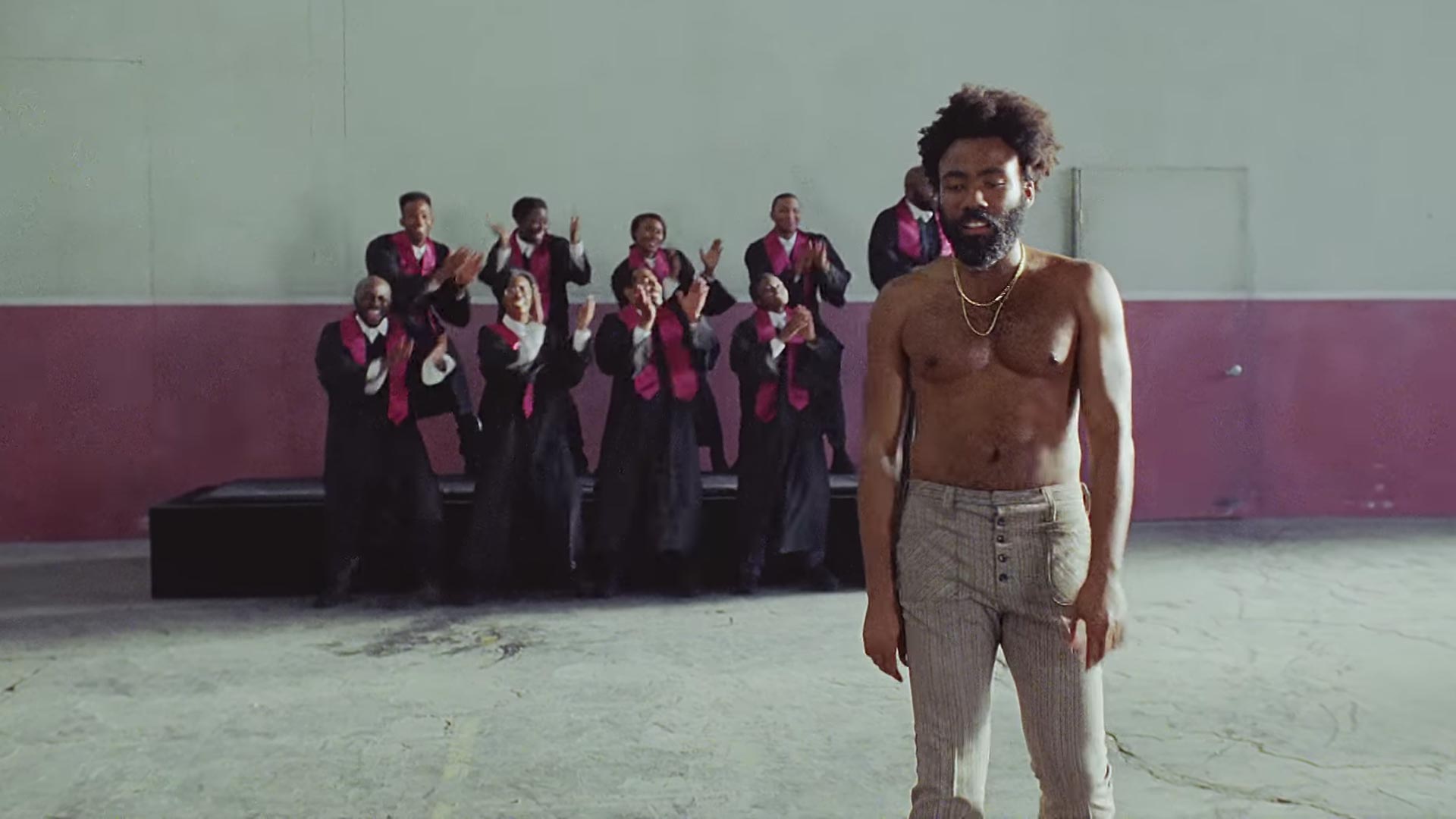Here is where we arrive at the present day and age of rap and hip-hop – gangster rap having played an invaluable part in the style of what is considered rap and hip-hop today. Today’s concept of the genres are as diverse as ever and covers a range of topics, styles, and approaches to politics. Also accompanying the success of the genre, artists have become stars and icons in popular culture; not only this, but the industry and genre themselves have been influenced by commercialization, consumerism, and modern politics.

Run D.M.C. in front of Eiffel Tower
The success of the genres have led to a growing distance between artist and fan. Gangster rap in mainstream America has become a commercialized genre – one of the first such instances is the endorsement of the group Run D.M.C. by Adidas in 1986. The endorsement was triggered by the track ‘My Adidas,’ whose lyrics represent the Adidas tracksuits and sneakers worn by the group – signifying the role an artists’ style plays into their relation with their fans. In 1986, this endorsement marked a turning point in the genre’s mainstream perception; but today, such endorsements and ostentatious flashing of brands and logos is commonplace, with music videos, lyrics, as well as concerts and tours all brandishing the companies and products listener’s can use and purchase to support their favorite artists. This commercialization of the artists’ often directly impacts the music made and has become one of the many new talking points within the music industry, as well as an important factor in the discussion on music’s influence on modern politics.

Future
This increasing distance between artist and fan initiated another divergence in rap and hip-hop – this time between gangster rap, which many artists still use the style of the sub-genre today to share political beliefs and messages, and the emergence of a very similar genre termed “party” rap, which maintains a repetitive industry influenced style similar to pop music while returning to “feel good” rap’s lyrical content. This “party” rap, however, blends the elements of pop music and “feel good” rap in a peculiar way, promoting lifestyle choices that have spawned many disapproving words from mainstream America. “Party” rap’s style and lyrical content have been cultivated around the promotion of drug usage, living a lavish lifestyle, carefree spending, promiscuity, and the “hard life” mentioned in gangster rap’s early days. Although, the public personas many rappers personify in their songs are often not their reality. The artist Future,for example, with songs like “Mask Off,” “Low Life,” and “Codeine Crazy,” seem to promote a lifestyle very akin to the themes associated with the genre. Yet when asked about why he raps so much about drug use and the party lifestyle in an interview with Clique, Future said, “I feel like that’s the number one thing everybody likes to talk about. It’s a catch.” (Johnson). Stemming from the idea of an alter-ego in music is the discussion of the characters many modern artists use today to represent someone different from themselves, and more similar to the aspects of the genre. Stars like J.Cole, Eminem, Andre 3000, and, in the underground scene, DOOM, all utilize this tool of musical expression to talk to their listeners about different or alternative subject matter from the message they themselves would like to be associated with in the public’s eyes.
It’s with these tools, like an alter ego and the public platform that comes with being a successful musician, that gives artists their platform to bring into issues for public discussion. Although rap and hip-hop have become diverse genres in and of themselves with numerous different styles, characteristics, and ways of expression, this has only contributed to the range of issues and talking points artists have decided to undertake and incorporate as a part of their music. Several of these artists and their songs that have had a political impact in the lives of listeners worldwide today are listed below:
- Logic: 1-800-273-8255

- Brought attention to the issue of suicide, depression, and mental health in the populace today – giving a voice and anthem to those who feel lost and like they are struggling and unnoticed in mainstream music and everyday life.
- Childish Gambino: This Is America

- The music video and lyrics of Gambino’s song began again the discussion of continued police brutality against minorities in America, and reminded those in charge that we will not forget these injustices.
- Lupe Fiasco: Words I Never Said

- The lyrics and music video of Fiasco’s song are charged with political messages – from condemning politicians, slacktivists, and dreamers, to questioning the absurd celebrity-infatuated news outlets that, in Fiasco’s words, “are supposed to be telling us the truth.”
With complex issues spanning America and the globe, only a platform equally diverse, such as music, can properly open a discussion into the issues all citizens today face. The media people turn to today do so to feel as if they are a part of something beyond themselves – whether it be a political movement, a creed, or even just an emotion, because music speaks to us all; and powerful and expressive genres such as hip-hop and rap have a lot to say.